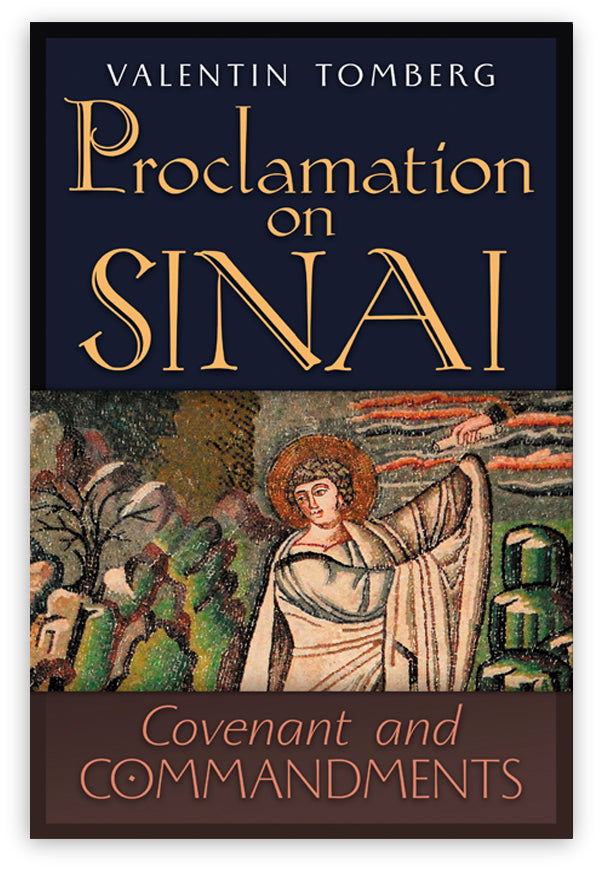
Full Description
About the Book
In his final years, Valentin Tomberg (1900-1973) completed three short works. The present book is the last of these. The first, Thy Kingdom Come: The New Evolution of the Good, and the second, Lazarus: The Miracle of Resurrection in World History, were published by Angelico Press in 2022. Why, towards the end of his life, after having already included a profound series of contemplations on the ten commandments in Letter XI of his magisterial Meditations on the Tarot: A Journey into Christian Hermeticism, did he return so intensively to this theme? Tomberg does not tell us directly, but the text itself suggests an answer. Here he looks back to major themes of the two phases of his life. The first of these themes, the origin of law (see his The Art of the Good: On the Regeneration of Fallen Justice), is discussed in this final book as a "path through the wilderness" such as he himself had to walk as a lifelong émigré (see Valentin Tomberg and the Ecclesia Universalis: A Biography). The second theme, the fundamental path of the soul in quest of personal certainty(see his Personal Certainty: On the Way, the Truth, and the Life, in press), he returns to as "essentialism," which he now approaches from the perspective of knowledge as an analogical process steeped in symbols: the Jewish kabbalah, the Decalogue, the Names of God, the Catholic church, the meaning of the papacy, and much else besides. The choirs of the spiritual hierarchies receive fresh appreciation, in association with reiterated respect for the life-work of Rudolf Steiner, with which he had been deeply aligned during the first half of his life. Finally, the "transfiguration of the dark clouds into light" on Mt. Sinai, as here portrayed, signals Tomberg's renewed immersion in what he calls the moral chronicle of the world, leading him to culminating insights into the origin of Divine Law from the vantage-point of his own "ascent of Sinai."
Praise
About the Author



